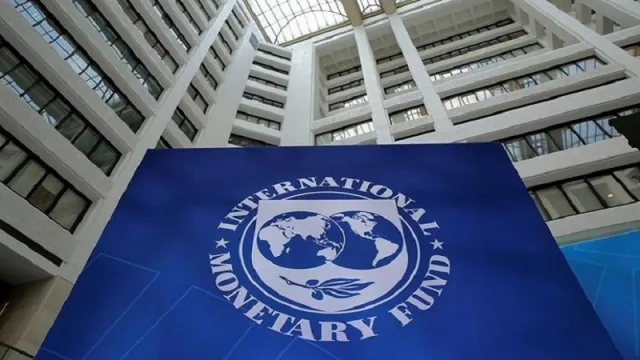Tough IMF conditions haunt Kenya in her quest for fresh loan disbursement

Tough IMF conditions haunt Kenya in her quest for fresh loan disbursement
As the Treasury negotiators cross their fingers seeking approval of a $244 million emergency loan, questions have emerged regarding the Kenyan government’s ability to adhere to the International Monetary Fund’s (IMF) efficiency stipulations.
Whereas it’s unlikely that the multinational lender will rebuff Kenya’s request for latest disbursement of funds, the country’s underwhelming commitment to standard IMF requirements aimed at curbing redundancies and corruption has been exposed.
The establishment of a central payment system for government ministries, departments and agencies is one of the crucial undertakings that are yet to be realized.
According to a December 2021 IMF report, Kenya set itself to institute the common payroll regime by June 2022, a commitment that has not been implemented yet.
The Bretton Woods institution issued stringent conditions in April 2021 when it approved a $2.4 billion Extended Fund Facility (EFF) and Extended Credit Facility (ECF).
Read also: Kenya sets July 2023 deadline for internet protocol upgrade
Among other measures, Kenya was required to disband redundant State-owned corporations to enhance their efficiency and profitability as public goods.
In July, 2021, Mr Ukur Yatani, the Treasury Cabinet Secretary merged three state-owned corporations: Tourism Finance Corporation (TFC) Industrial and Commercial Development Corporation (ICDC) and the Industrial Development Bank (IDB) to form the Kenya Development Corporation Limited (KDC).
Sweeping reforms were also implemented in higher education with the University of Nairobi shrinking its colleges from 35 to 11, in addition to the scrapping of several top administrative posts.
While the government has fared commendably in reforming some state enterprises, its performance is still far from satisfactory. For instance, Kenya is yet to make public the Covid-19 expenditure audit while the enforcement of wealth declaration by public servants remains a pipe dream.



